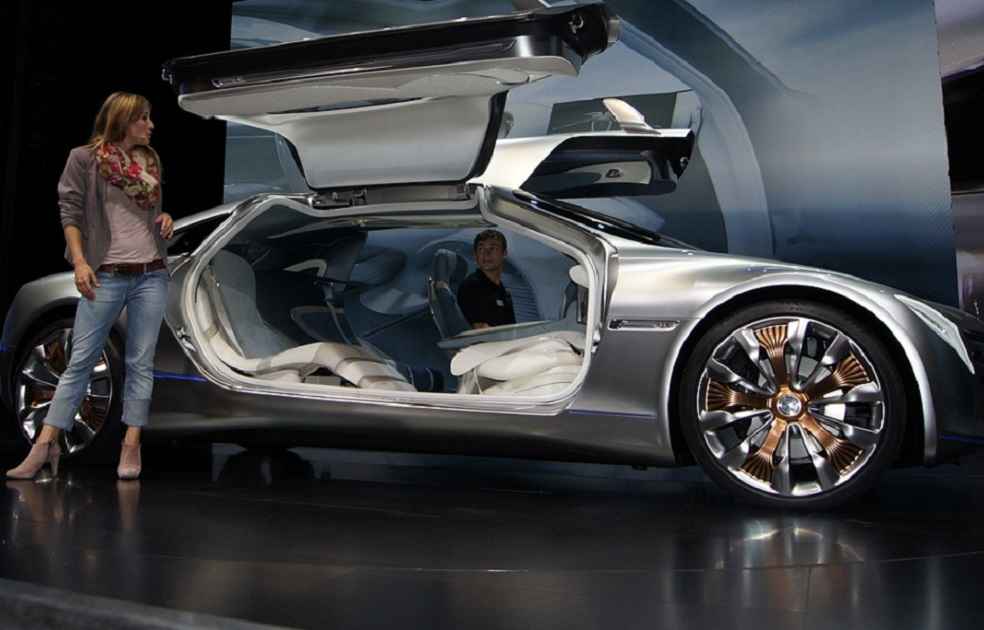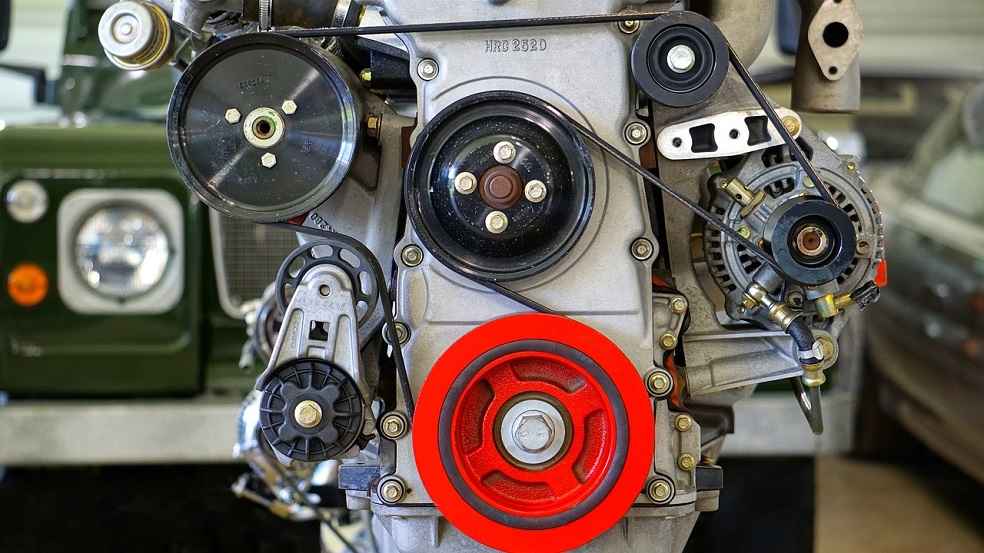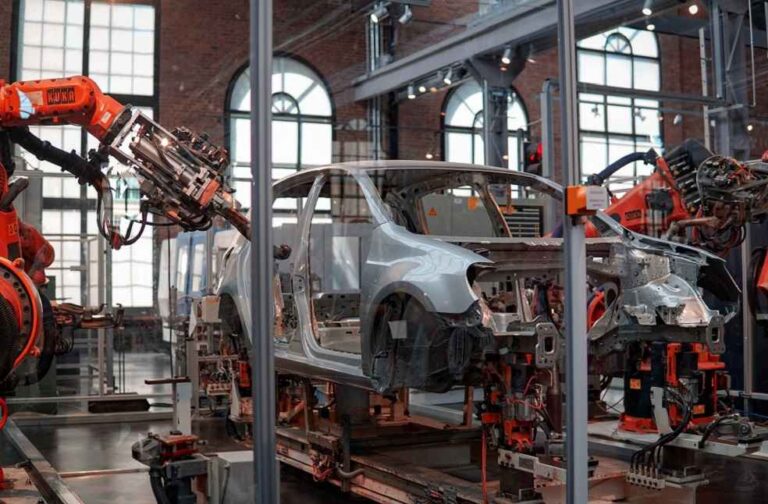Rockwell Automation, a leading global entity in industrial automation and digital transformation, recently made public the findings of their 8th annual “State of Smart Manufacturing Report: Automotive Edition”. The study uncovers vital trends and strategies in the automotive industry, offering critical insights for manufacturers and policy-makers.
The report analyses the responses of 197 leaders spanning automotive manufacturers, suppliers, and electric vehicle makers across 13 top manufacturing nations. It brings to light the ongoing evolution of the automotive industry, underlining the importance of quality pursuit, process automation’s impact, smart manufacturing adoption, and technology’s role in risk mitigation, workforce challenges, cost reduction, and production enhancement.

Key statistics from the report depict a future shaped by technological advancement and strategic workforce management. For instance, 85% of auto manufacturers plan to retain or increase their workforce owing to technological adoption. Additionally, 64% of firms are deploying software to automate processes, and 54% of leaders are ramping up automation to tackle labor shortages.
Furthermore, digital transformation’s acceleration is primarily driven by the dual objectives of cost minimization and quality improvement. Interestingly, about 31% of auto manufacturers are investing or plan to invest in AI and machine learning technologies. This trend is likely to continue, expanding as more use-cases develop and easy-to-use applications emerge.

The report also revealed that 42% of auto manufacturers aim to repurpose their existing workforce, and 27% anticipate hiring more workers due to technological adoption. This trend suggests that technology can solve present issues and stimulate growth simultaneously.
Smart manufacturing has proved beneficial for a significant number of businesses. As per the report, 35% of companies acknowledged that smart manufacturing assisted in addressing problems associated with the deployment and integration of new technologies. Besides, 29% of businesses affirmed it aided in mitigating the lingering impact of the pandemic.
Sustainability and ESG initiatives were also prominent, with 97% of auto manufacturers and suppliers reporting such measures. Interestingly, about half of these companies are leveraging sustainability and ESG initiatives as a competitive differentiator.
Paul Epperson, Vice President, Global Industry – Auto, Tire & Advanced Mobility at Rockwell Automation, remarked, “The automotive industry has navigated numerous challenges in recent years, such as consumer demand shifts, supply chain issues, microchip shortages, and manufacturing workforce challenges.” He further stated, “The switch to electric vehicles, for example, has manufacturers increasing their workforce, both at existing facilities and at new greenfield plants.”
Mr. Epperson concluded with a confident note on Rockwell’s role in the future of the automotive industry. “We are uniquely positioned to serve as a trusted advisor in the automotive space for companies worldwide, given our dynamic portfolio of industry solutions and our extensive partner ecosystem. No matter where companies are on their digital transformation and smart manufacturing journeys, Rockwell can meet them there and help drive innovative growth.”
SPECIAL STORY: Musk Eyes Mongolia’s Copper Wealth; Talks Underway





